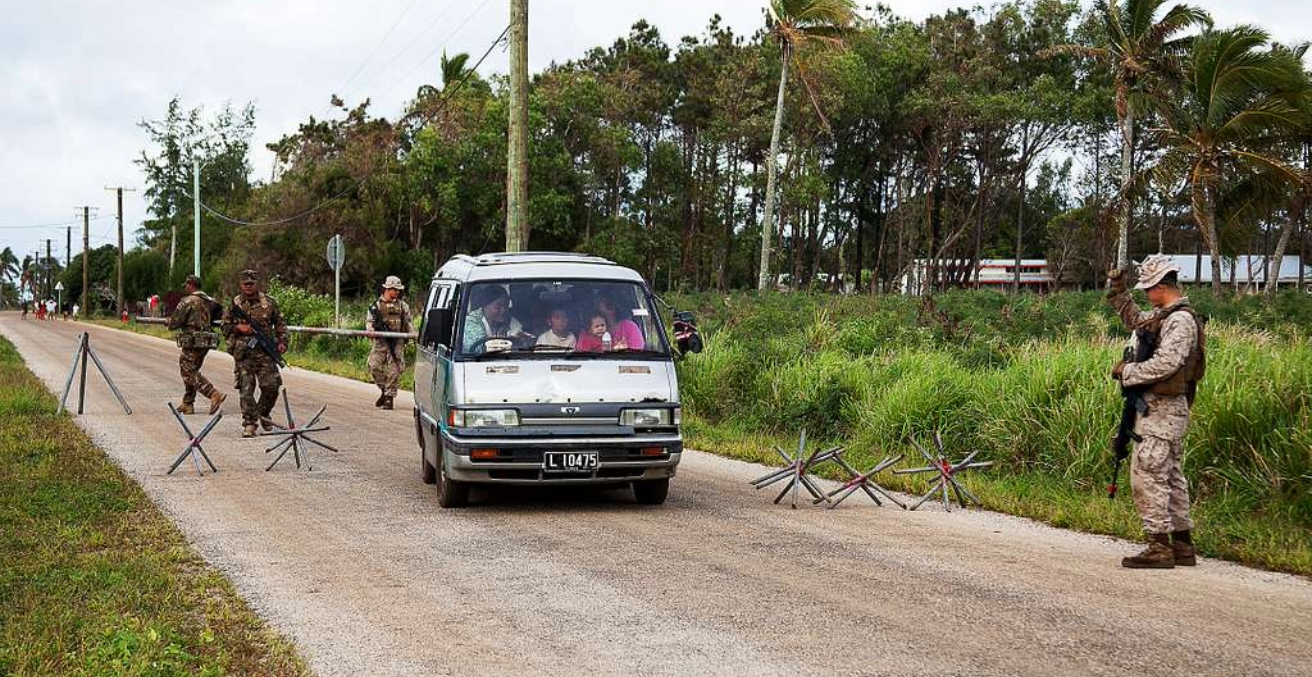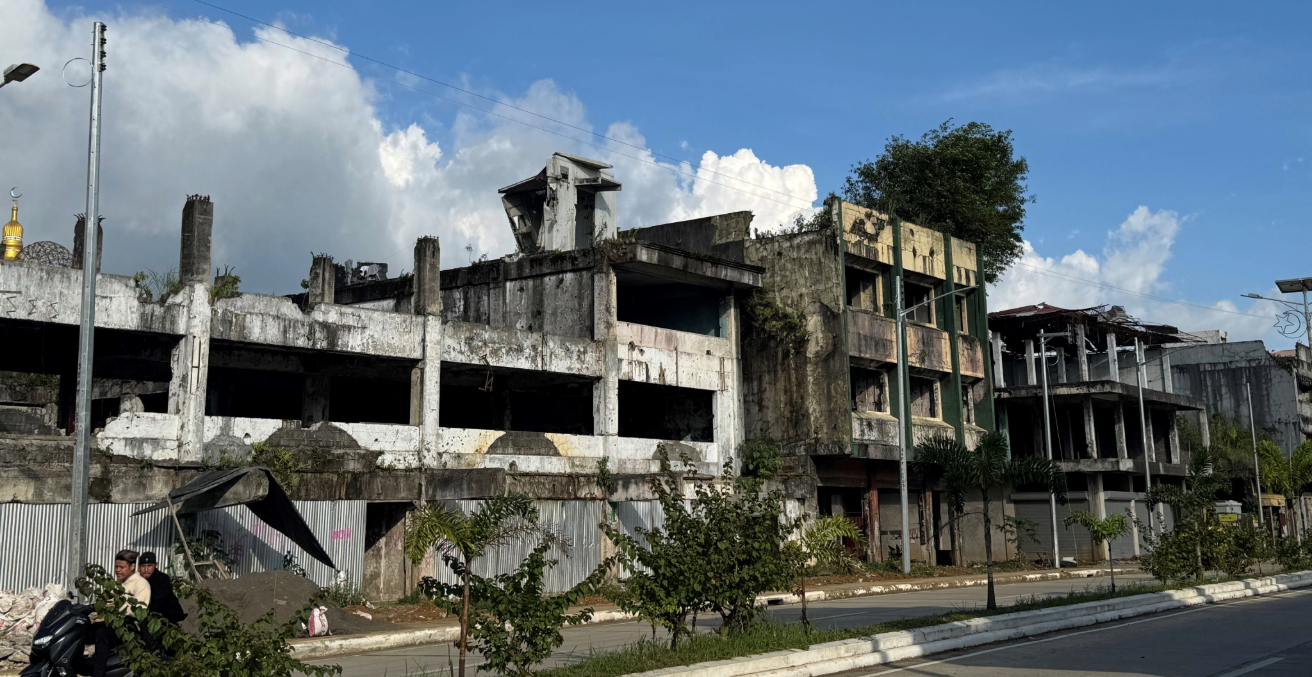With the Islamic State (IS), also known as ISIL, attracting extremists across Indonesia, there are growing fears that the group could revitalise the militant Islamist movement there. Consequently, Jakarta has appealed for increased international support and co-operation to help combat the terrorist organisation.
Background
“Indonesia needs international support and co-operation to help combat the Islamic State (IS),” the head of the country’s top anti-terrorist department, Ansyaad Mbai, said on 25 August. With the terrorist organisation attracting foreign fighters from around the world, including dozens from Indonesia, Ansyaad has appealed for closer collaboration to defeat the transnational jihadist movement. While the group had posed little threat to Indonesian security, recent efforts to recruit local extremists have raised concerns, prompting security officials to reach out to a number of governments and implement new measures to quash any support for the IS.
Comment
As the IS extends its reach, Indonesian security officials are seeking greater international co-operation to assist it in fighting the terrorist group. Speaking at a conference in Jakarta, Ansyaad said that Indonesia needed ‘support from all related stakeholders’ to stop the ‘threat to us all.’ The comments came just days after outgoing President Susilo Bambang Yudhoyono expressed his own concerns over the situation, telling The Australian that it was becoming ‘out of control’ and offered a sobering ‘wake-up call to all international leaders around the world, including Islamic leaders.’
Already, security ties within the region have been stepped up. Last week, Indonesia and Australia agreed to put the controversial spying row behind them in a bid to restore their intelligence relationship. A new bilateral treaty aimed at restoring intelligence co-operation is expected to be signed on 27 August. That could prove pivotal in the coming months and years, especially with analysts now suggesting that the IS group poses the biggest terror threat since 11 September 2001.
The Syrian-based organisation may be barely a year old, but already it has swept across much of the Middle East and attracted followers from all corners of the globe, including Indonesia. Having declared a caliphate on 29 July and, with its parent organisation al-Qaeda largely in retreat, the jihadist movement has become a major draw for young extremists, many of whom see the current struggle as the “Final Battle” towards reclaiming the lost glory of an Islamist state. For Indonesia, the largest Muslim country in the world, that is a particularly worrying prospect.
An extensive crackdown following the Bali bombings in 2002 had seen many terrorist groups splinter, their actions limited to small-scale attacks on local police forces. But the dramatic rise of the IS has injected new life into militant Islamist movements in the archipelago, with jihadist groups and leaders, including jailed Bali bombing mastermind Abu Bakar Bashir, throwing their support behind the IS. A January report published by the Institute for Policy Analysis of Conflict warned that, ‘the conflict in Syria has captured the imagination of Indonesian extremists in a way no foreign war has before.’ Since then, a recent recruitment video posted on YouTube and an increased social media presence has seen the IS gain more Indonesian sympathisers, despite Jakarta banning support for the group.
For now at least, Indonesia appears to be keeping the IS threat at bay. Earlier this month, its Australian-backed anti-terror unit, Detachment 88, arrested many of the key local leaders of the IS. With support now illegal, most sympathisers have remained relatively muted. The government, meanwhile, has vowed to continue to do everything in its power to destroy the group.
Yet, the more serious threat, according to security experts, is the return of battle-hardened fighters from the frontlines of Syria and Iraq. Authorities admit that they have little idea just how many Indonesians have travelled to the Middle East – estimates range from 50 to 500. Not all of those fighters plan to return; some have purchased one-way tickets, seemingly content to become martyrs or perhaps expecting judgment day to come. Others may come back to lead relatively normal lives. But many will return, better trained and organised, and eager to undertake terrorist attacks. Unlike the Bali bombers, however, such terrorists are likely to try to advance the IS vision of qital tamkin: armed warfare aimed at gaining territorial control and creating jihadist safe havens across the country. Similar campaigns have already been seen in Indonesia, such as in the restive province of Poso, although on a much smaller scale.
Given this, Indonesian security officials will remain vigilant, wary of the return of these fighters. International co-operation and intelligence sharing, with countries such as Australia, will become an important element in the fight against the group, which is likely providing terrorist training to dozens of Indonesians. Indeed, the last time that Indonesian extremists received such training – by the mujahedeen in Afghanistan and Lashkar-e-Taiba in Pakistan – they returned home to execute a string of attacks, including the Bali bombings that killed 222 people, including 92 Australians. It is a fact unlikely to be lost on either Jakarta or Canberra.
Andrew Manners is a Research Analyst at the Indian Ocean Research Programme. He may be reached at amanners@futuredirections.org.au. This article was originally published by Future Directions International. It is republished with permission.




